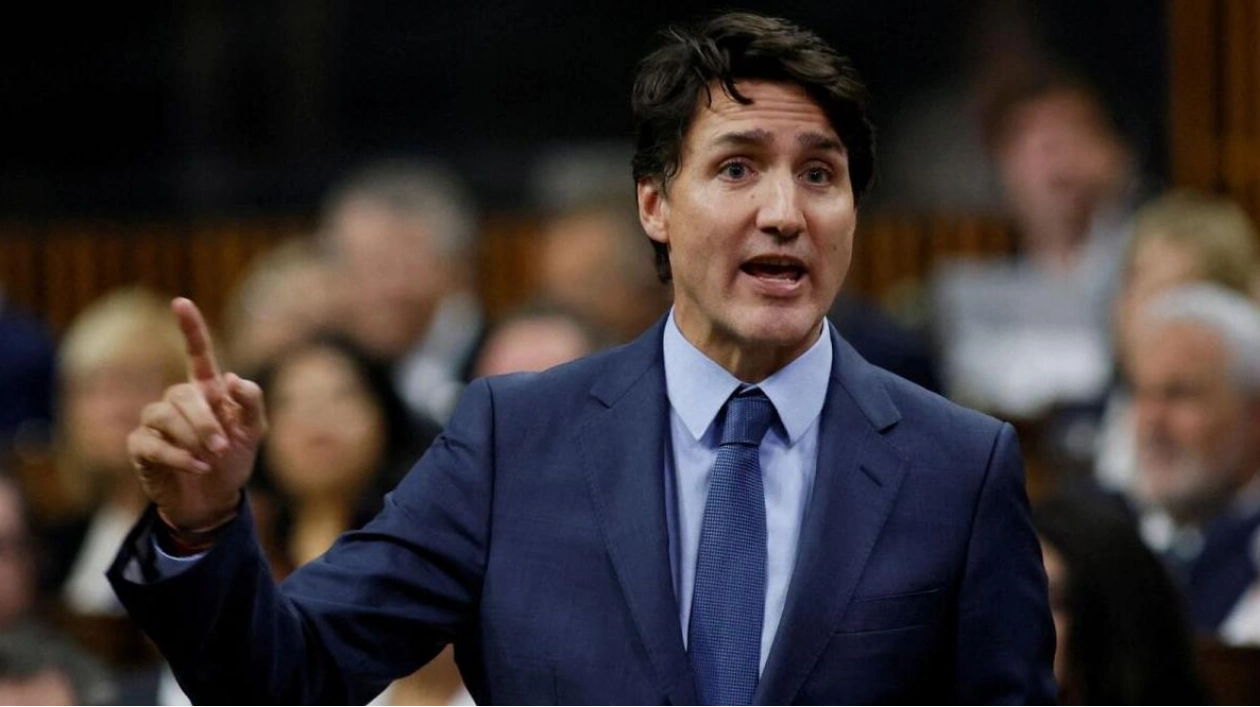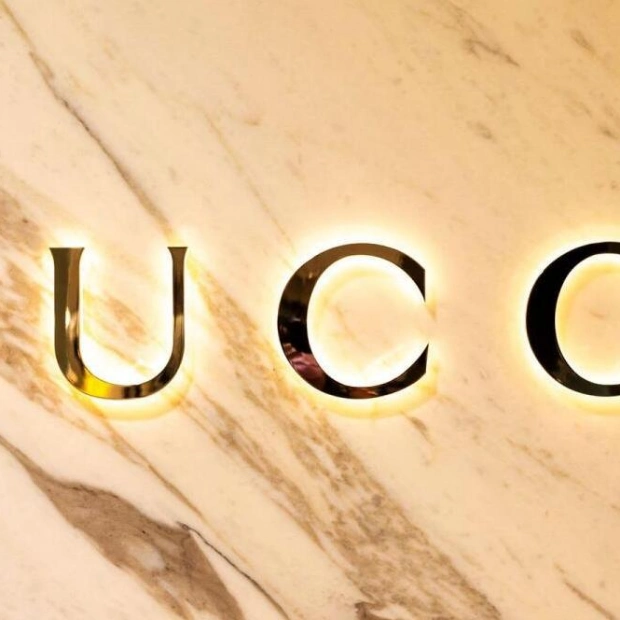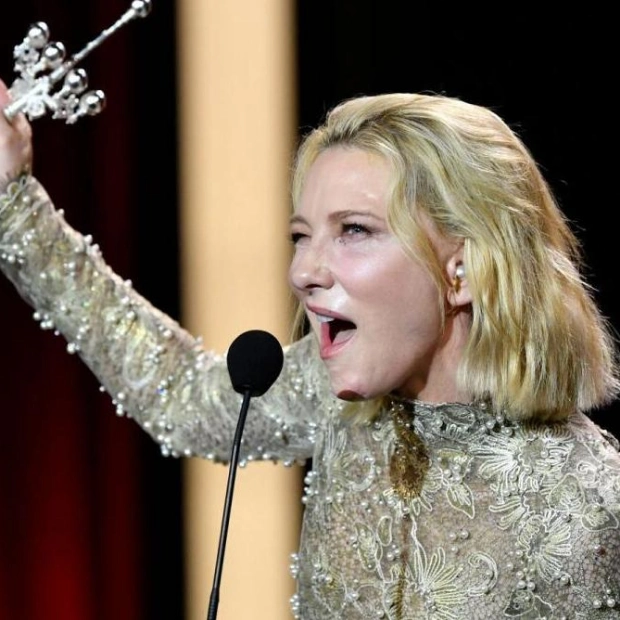Canadian Prime Minister Justin Trudeau managed to survive a second vote of no confidence on Tuesday, a move orchestrated by his main Conservative rival, Pierre Poilievre, who is determined to oust the struggling Liberal party. The vote, which ended 207 to 121, mirrored the Conservatives' unsuccessful attempt last week to prompt snap elections. This time, two smaller factions in parliament sided with Trudeau's minority government once again.
The motion criticized the government for its failure to tackle issues such as the housing crisis, rising crime rates, and the cost of living, labeling it 'the most centralising government in Canadian history.' With a 20-point lead in public opinion polls, Poilievre has been eager to call for elections since the leftist New Democratic Party (NDP) ended its coalition agreement with the Liberals last month, leaving Trudeau's administration vulnerable.
However, the NDP and other opposition parties, whose support is crucial to topple the Liberals, have resisted Poilievre's right-wing agenda. Despite this, Poilievre remains undeterred and has pledged to keep pushing for change. In Canada's Westminster parliamentary system, the ruling party must maintain the confidence of the House of Commons, requiring the backing of a majority of members. Currently, the Liberals hold 153 seats, compared to 119 for the Conservatives, 33 for the Bloc Quebecois, and 25 for the NDP.
Trudeau came to power in 2015 and has managed to cling to office through two subsequent ballots in 2019 and 2021. However, his popularity has waned, and he has faced several recent setbacks, including by-election losses in two of his party's strongholds. The agreement with the New Democratic Party to support the Liberals was set to keep his government in place until late 2025. But the NDP, feeling that its alignment with the Liberals was damaging its own popularity, ended the pact prematurely.
Most analysts have indicated to AFP that they do not foresee Canadians heading to the polls before spring 2025, though they acknowledge the situation is unpredictable. In the interim, the Liberals find themselves in a weakened position as they attempt to govern in a fragmented parliament.






